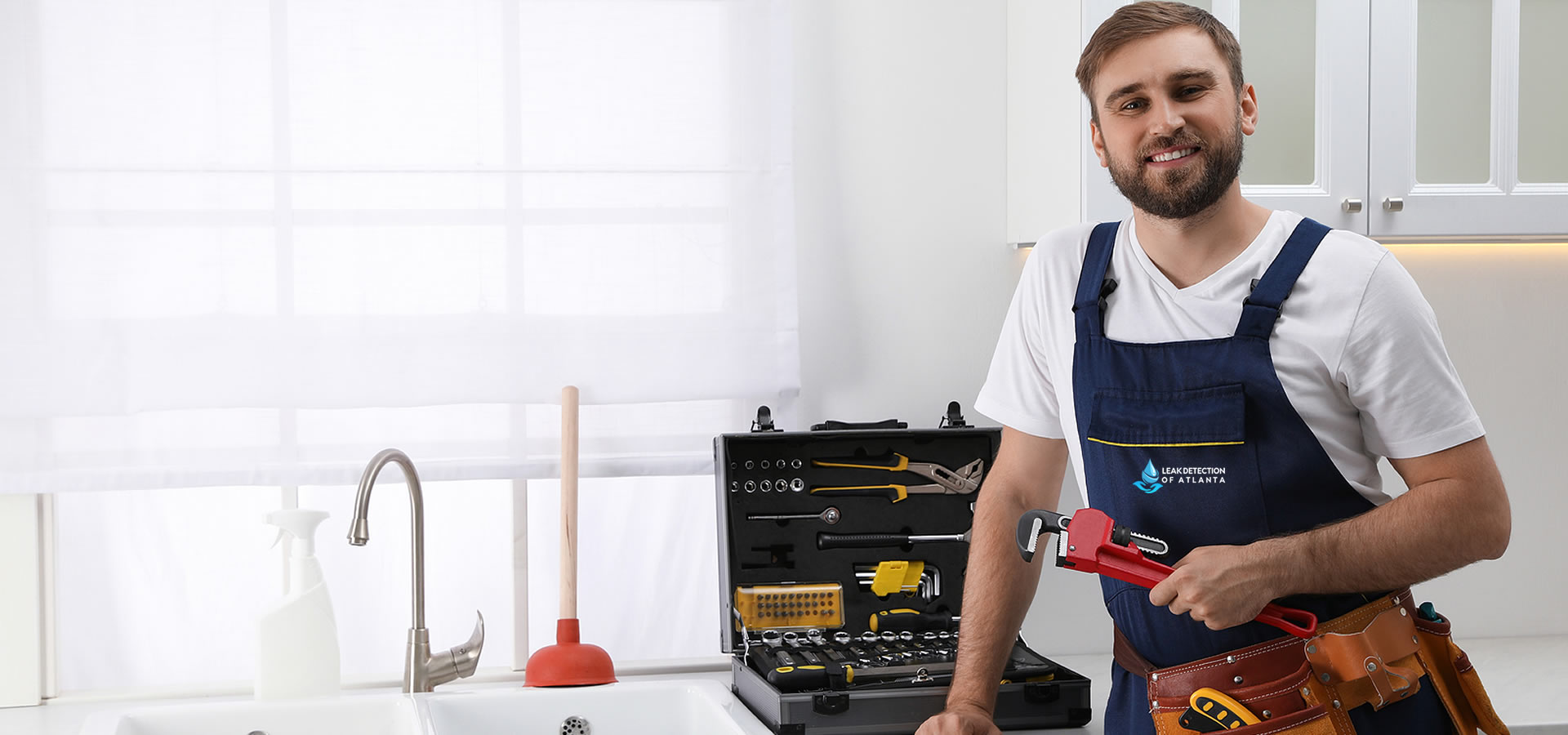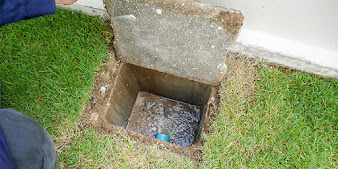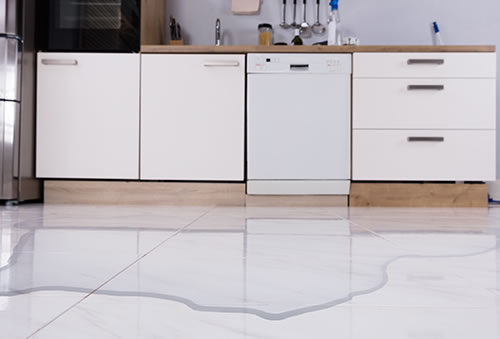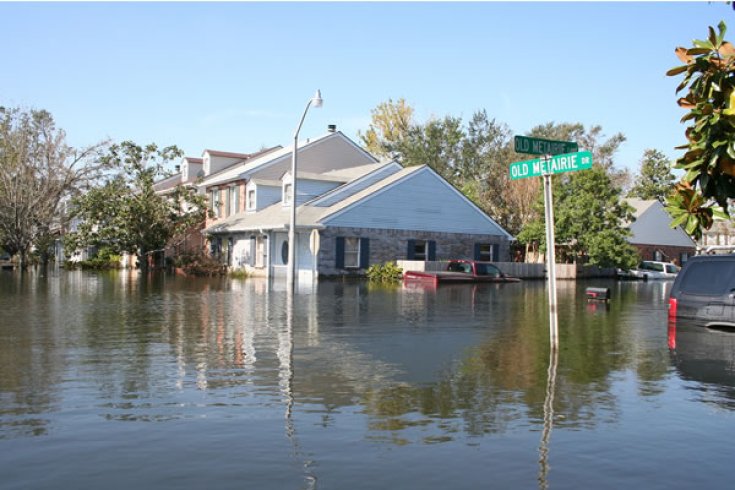Tips to Prevent Sewer Backup
Sewer backup is one of the common plumbing problems that homeowners experience. It usually occurs when an obstruction or pipe damage blocks the normal flow of wastewater into the septic tank or municipal drain. Sewage usually contains everything you flush down the drain, and having a sewer backup presents dangers to your health. A sewer backup is a situation that must be dealt with as soon as possible to prevent a plumbing disaster.
In this article, we’ll provide you with tips to prevent sewer backup in your home.
What Causes a Sewer Backup?
- Root invasion—Tree roots can grow into your plumbing pipes through cracks and pipe joints and cause an obstruction as they grow larger.
- Damaged sewer lines—Broken, bent, or even collapsed sewer lines can cause sewer backups.
- Clogs—Drain clogs can be caused by a build-up of things like hair, hardened grease, baby wipes, paper towels, eggshells, coffee grounds, fibrous vegetables, and more. You should keep these things out of your drains to avoid sewer backup.
- Heavy rainfall—When the public sewer can’t handle excess rainwater being diverted into the sewer lines, the water can back up into your home.
How To Prevent Sewer Backup
- Be Careful About What Goes Down Your Drains
Never pour fats, oils, and grease down the drain as they can harden within your pipes, creating a physical blockage. The most ideal way to dispose of grease, cooking oil, or fat is to let it cool completely, then pour it into a heat-resistant container and throw it in the trash. Also, do not allow diapers, baby wipes, feminine hygiene products, or wet wipes to go down the toilet. The only things that should be flushed down the toilet are toilet paper, human waste, and wastewater.
- Have Your Sewer Line Cleaned Regularly
Over time, sewer lines can accumulate buildup on the internal surfaces, especially if you don’t perform regular sewer line cleaning. The buildup that forms in sewer lines can disrupt the normal flow of wastewater, resulting in sewer backup. It’s advisable to have your sewer line cleaned every 18 to 22 months.
- Install A Backwater Prevention Valve
These valves are designed to allow wastewater to flow only one way. When the valve detects a backflow of sewage, it switches into a closed position to prevent sewage from backing up into your home.
Old and corroded sewer lines are more prone to collapse, cracks, and other problems that can cause clogs. If your sewer pipes have seen better days, call a reliable plumber to perform an inspection and replace your sewer pipes.
- Prevent Invasive Tree Roots
You can prevent root invasion by installing better sewer pipes that cannot be easily damaged by tree roots or cut the roots occasionally.
Searching for Reliable Leak Detection? Call Leak Detection of Atlanta
If you are in need of a reliable water leak detection company to help you with leak detection and leak repair, you can count on Leak Detection of Atlanta to provide you with efficient services.











